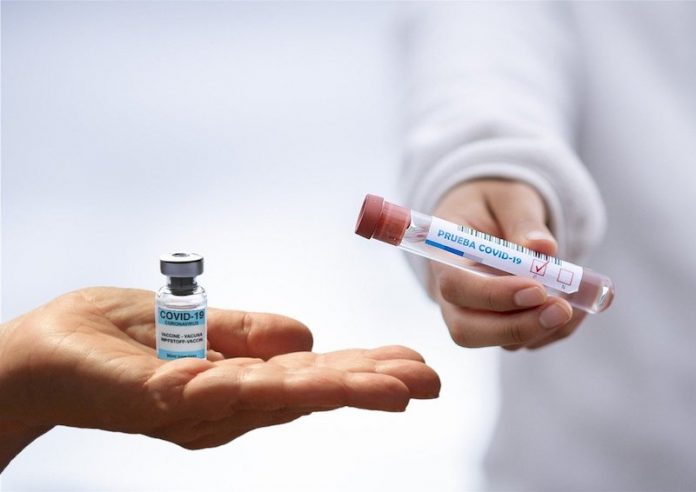
In a new study from Imperial College London and elsewhere, researchers found evidence that the P.1 coronavirus variant that was first seen in parts of Brazil may be up to twice as transmissible as prior strains.
The P.1 SARS-CoV-2 variant was first seen in Manaus, the capital of the state of Amazonas in Brazil. Initial research suggested the virus arose late last year and began spreading in November.
It quickly became the dominant strain, leading many in the country to believe it could infect people who had already been infected with the initial strain earlier in the year.
During the initial infection period, approximately 70% of the people in the city were believed to have been infected.
After variant infections rose in Manaus, the P.1 variant soon spread throughout Brazil, and then to other countries—to date, it has been found in 37 countries.
In the study, the team determined that the virus had 17 identifiable mutations and that three spike protein mutations—N501Y, E484K and K417T—were particularly worrisome because they appeared to allow the virus to bind more tightly to human cells, and in some cases, to aid in evading antibodies.
They also found evidence that the variant can evade an immune response to prior strains of the virus.
The team also showed the variant to be from 1.7 to 2.4 times more transmissible than previous strains of the virus.
They estimated that those infected in Manaus were 1.2 to 1.9 times as likely to die from a P.1 infection than prior strains, but it was not clear if that was due to changes in the virus or the health care system in the city, which has been overburdened by more demand than the city can handle.
The researchers conclude that more work is required to determine if the P.1 strain is truly able to infect people who have been infected with prior strains or those who have been vaccinated.
If you care about COVID-19, please read studies about a big signature of severe COVID-19 and findings of these 2 anti-inflammatory drugs may improve recovery from severe COVID-19.
For more information about COVID-19 treatment and prevention, please see recent studies about a new way to treat severe COVID-19 and results showing that this vitamin may help fight COVID-19, reduce inflammation.
The study is published in Science. One author of the study is Nuno Faria
Copyright © 2021 Knowridge Science Report. All rights reserved.



